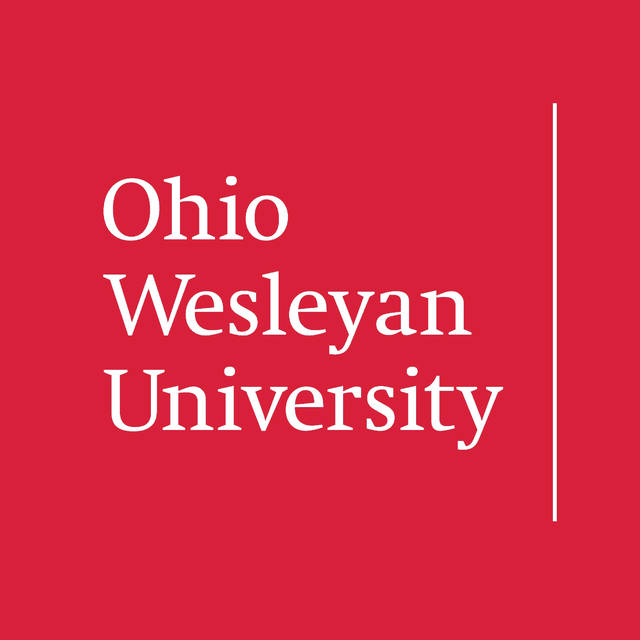
“Think Big.” This simple statement is rich with meaning and part of the educational ethos at Ohio Wesleyan University.
We endeavor to teach OWU students to “integrate knowledge across disciplines” – to understand complex issues from the viewpoints of the natural scientist, social scientist, economist, artist, and educator – to name just a few.
Being a progressive liberal arts institution means that we continuously challenge long-accepted ways of thinking and learning. We understand that students who are educated in narrow silos of knowledge will not be nearly as well prepared to face the challenges of the middle 21st century as will students who learn to integrate knowledge.
This knowledge helped guide the Ohio Wesleyan Department of Education in creating its major in Integrated Science for Teachers. Students who complete this new major will be eligible to earn Adolescent to Young Adult (AYA) Integrated Science Licensure, qualifying them to teach science in grades 7 through 12.
Without question, these science educators are well-prepared to “Think Big.”
Our integrated science education majors take almost twice as much science as many science majors. The education students take the same science courses as do their peers who enroll in medical school or who become working physicists, chemists, or biologists.
Integrated science education students learn the vocabulary, syntax, and discourse of the various science content areas in courses required within the major. They take classes in biology, zoology, chemistry, geology, physics, astronomy, and mathematics – in addition to their OWU general education requirements.
These students have strong content knowledge that crosses over all the science disciplines to make them strong, effective teachers. In addition to this rigorous curriculum, the future educators must demonstrate their understanding of the content they will teach by passing the Ohio Assessment of Educators content area exams. They also must demonstrate that they are ready to work independently in a classroom by successfully completing a performance-based assessment of their teaching, the edTPA.
The reality is, many schools in Ohio, and other parts of the country, are not large enough to employ separate full-time biology, chemistry, and physics teachers; it is much more economical to employ one highly-qualified, full-time teacher to fill these needs rather than three part-time teachers.
Before adding the Integrated Science for Teachers major, our department held open and insightful conversations with our Community Advisory Board, which is comprised of current area principals, administrators, and teachers.
They expressed a need for science teachers who are qualified across content areas with the pedagogical ability to engage their learners in the critical-thinking and inquiry required to become productive and successful global citizens – those able to link scientific concepts across many disciplines, whether it be other sciences, social sciences, humanities, or arts.
In addition, we communicated with many of our professorial colleagues at Ohio Wesleyan, including those in the Department of Botany and Microbiology. In their esteemed opinion: “The most important aspect of teaching science, particularly to young people, is cultivating curiosity about the natural world and helping students realize how to apply the scientific method and evidence-based thinking to answer questions about the natural world. Deep content knowledge can be acquired gradually as students continue their studies.”
All of these accomplished educators want to prepare students who are able to “Think Big.” We concur.
In his influential essay “Only Connect: The Goals of a Liberal Education,” William J. Cronon, Ph.D., states: “More than anything else, being an educated person means being able to see connections that allow one to make sense of the world and act within it in creative ways.”
Indeed, fully understanding some of the most important ideas in biology, for example, requires a knowledge of chemistry. In addition, many of the most important areas of research in science today are at the intersections of the different scientific disciplines.
Ohio Wesleyan’s Integrated Science for Teachers major helps our future educators to navigate these intersections, make vital connections, and ensure that their own classrooms are better prepared to make such connections as well.
Interdisciplinary studies – and our new major – reflect the real world. Not providing this important major would be to overlook the needs of secondary school districts, teachers, and young learners – a view that is too small and limited. We want to “Think Big.”


